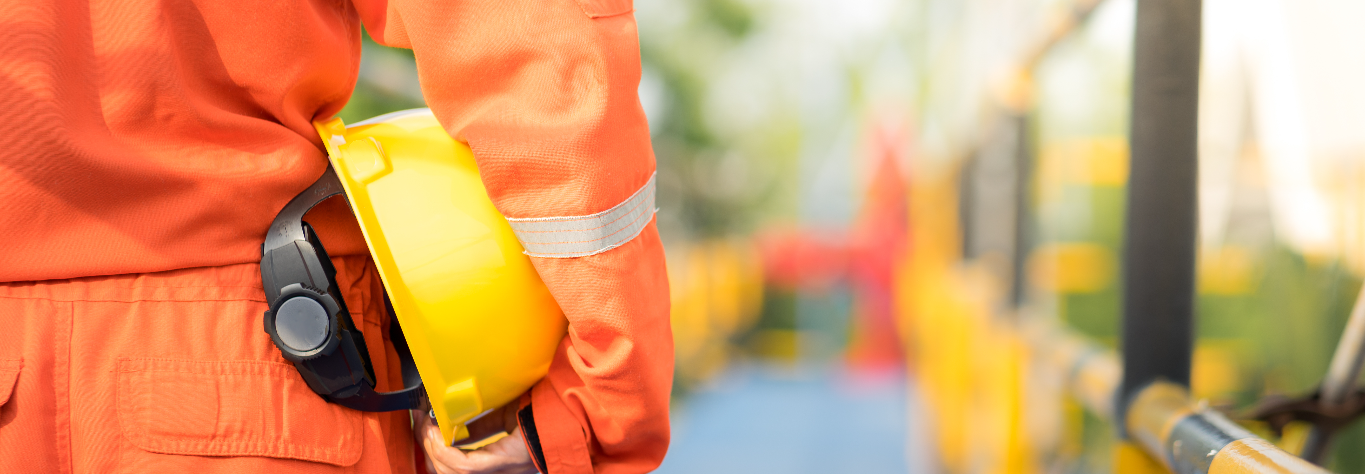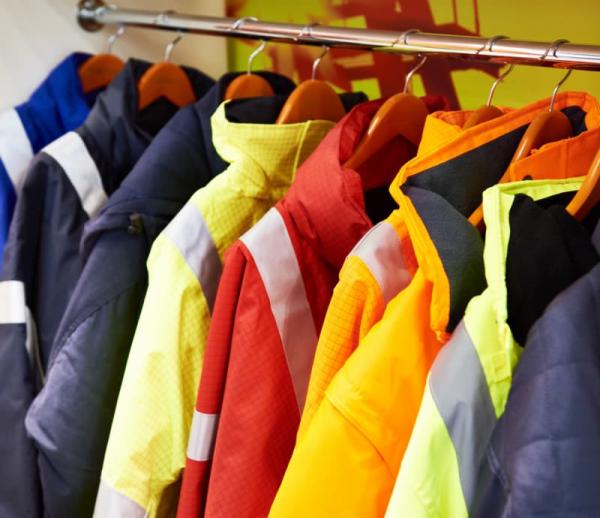The main PPE requirements that apply to personalised hi-vis clothing
If you’re providing hi-vis workwear as personal protective equipment, then the legal requirement involves making sure that every item complies with the Personal Protective Equipment Regulations 2022. These require all PPE placed on the market to be certified by a notified body, carry a UKCA or CE mark, and conform to the relevant product standard. For hi-vis clothing, the standard that applies is EN ISO 20471.
So, who does that legal requirement apply to? Well, the responsibility is primarily with you, as the employer or purchaser. Branded hi-vis needs to meet the same performance criteria after personalisation to stay within PPE regulations. That applies whether the branding was added by the original manufacturer or by a third party. The law treats altered garments basically as modified PPE, and any modification must preserve the design features that make the product compliant. These features include the minimum required surface area of fluorescent background fabric and retroreflective tape. Anything that covers or displaces those areas – including a printed logo, heat seal transfer, embroidery, or panel – needs to be accounted for in the overall design, certified accordingly, and tested where necessary.
What EN ISO 20471 requires from your garments
EN ISO 20471 sets out the minimum standards that your hi-vis garments must meet for them to qualify as certified protective clothing. It defines three performance classes based on the level of visibility provided, with Class 3 offering the highest protection. Each class has strict surface area requirements for both the fluorescent material, which ensures daytime visibility, and the retroreflective tape, which enhances visibility in low light or at night.
To remain compliant, the total area of visible fluorescent background needs to meet the required threshold, which is why personalisation needs careful attention. Placing a large logo, patch, or embroidered section across the chest or back may reduce the available fluorescent surface. That could drop the garment below the class it was originally certified to. The same applies to reflective tape – any disruption to the retroreflective bands may result in a lower certification level. These changes affect the garment’s performance in poor visibility or low light.
How personalisation affects compliance – and what you need to do
Adding a logo, name, or other branding to a hi-vis garment involves essentially making a change that can affect its visibility rating, so the altered garment needs to be carefully assessed to ensure it still meets the standard. If you’re sourcing pre-personalised items from a supplier, you need to ask for evidence that the garments have been tested and certified after personalisation. That includes confirmation that any logos or additions have been placed in locations that don’t reduce the garment’s classification, or remove too much of the visible fluorescent or reflective surface.
And of course if you’ve got any question or need any advice about compliance, you can always ask our team here at City Workwear. We have extensive experience with providing personalised workwear for teams across a wide range of sectors, including personalised high-vis workwear, and all at the very best prices.
What’s more, all of our customisations are done in-house using our experienced team of designers and print machinists, so you can liaise directly with us to get exactly what you’re looking for. We also provide a FREE workwear printing and embroidery service and FREE delivery for orders over £150!
Feel free to take a look around our website to see what you can find, or alternatively give our team a call on 0330 004 0440, and we’ll be happy to help however we can!






